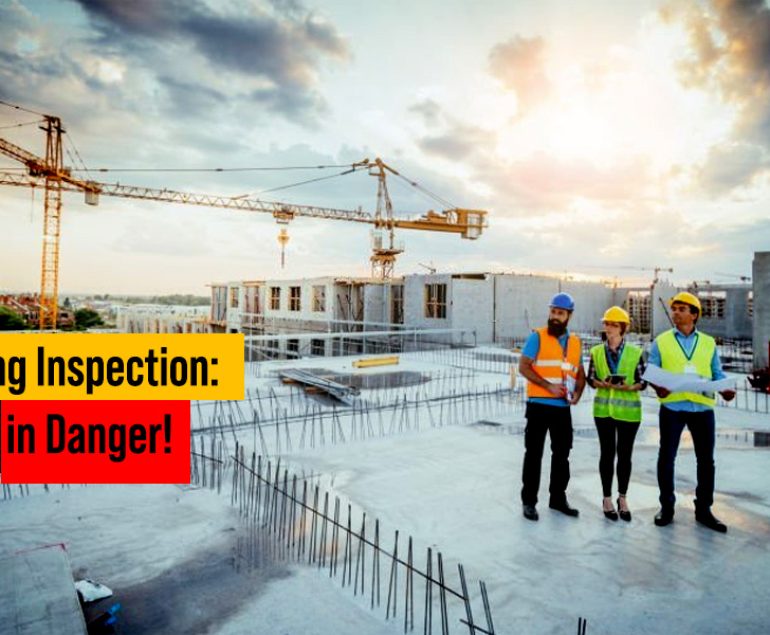Commercial remodeling can increase the value and it carries the feature of functionality of a business space. Understanding the remodeling process is crucial if you’re looking to upgrade an old building or your workspace aesthetics.
Going thoroughly with this submission, we’ll get you the knowledge of the insights into the commercial remodeling contractors, which includes the question of how to choose the right contractors, types of renovations, and the importance of inspections to make sure everything is clear. Let’s pick a topic one by one!
What is Commercial Remodeling?
Commercial remodeling involves the process of modification, renovating, or rebuilding a commercial space, from refreshing office interiors to significant structural modifications in retail stores, warehouses, or hospitality spaces.
Critical Reasons for Commercial Remodeling:
● Aesthetic Improvements:
Upgrading outdated designs to modernize the space.
● Energy Efficiency:
Adding features like LED lighting, insulated windows, and HVAC improvements.
● Better Space Utilization:
Redesigning the layout to use space more efficiently.
● Compliance with Safety Codes:
Ensuring the building meets current regulations and standards.
Choosing the Right Commercial Remodeling Contractor
Finding the right commercial remodeling contractor is essential to the success of your project. Contractors play a critical role, overseeing everything from design to construction.
Tips for Choosing a Contractor:
● Experience in Commercial Building Renovation:
Look for contractors with specific experience in commercial spaces rather than residential ones.
● Licenses and Certifications:
Ensure they have the proper certifications and understand commercial spaces rather than residential ones.
● Good Reputation:
Check reviews, references, and past project portfolios.
● Clear Communication:
Make sure they provide clear timelines and budgets and communicate openly.
Types of Commercial Remodeling Services
When planning a commercial remodeling project, understanding the types of services available can help you identify what’s needed for your space.
Common Commercial Remodeling Services:
● Interior Renovations:
This includes layout changes, installing partitions, flooring updates, and painting.
● Exterior Updates:
Includes facade renovations, landscaping, or updating entryways.
● Structural Changes:
Adjusting the building’s framework often requires special permits and structural inspections.
● Mechanical and Electrical Upgrades:
Updating HVAC, lighting systems, and electrical wiring.
The Importance of Structural Inspections
Structural inspections are a crucial part of commercial remodeling. They ensure your building is safe and capable of handling any proposed renovations.
Critical Benefits of Structural Inspections:
- Safety: Identifies potential hazards, such as weak foundations or compromised structural elements.
- Compliance: Ensures the building meets local building codes.
- Longevity: Prevents costly repairs down the road by addressing issues early.
Hiring a foundation inspector is essential, particularly in older buildings. A foundation inspection can reveal cracks, water damage, or sinking. Addressing these issues before beginning any significant renovations ensures that your project has a solid base to build.
Working with Local Home Inspectors
Engaging local home inspectors can help in understanding the specific requirements in your area. They are familiar with local codes, regulations, and can offer insights into unique environmental factors that may affect your building.
Why Consider Local Inspectors?
- Knowledge of Local Building Codes: They have expertise in regional requirements, which could vary significantly.
- Understanding Environmental Challenges: Local inspectors are familiar with issues related to climate, soil, and geography, which impact foundation stability.
Planning for Home Renovations
When planning home renovations within a commercial space, like a small office or residential unity in a commercial building, it is essential to consider the scope of work and associated costs.
Key Considerations:
● Budgeting:
Outline a clear budget and prioritize renovations that add the most value.
● Functionality vs. Aesthetics:
Balance improvements that enhance functionality with aesthetic updates.
● Timeline:
Plan a realistic timeline to minimize disruptions to business operations.
Common Causes of Foundation Cracks
Foundation issues can be detrimental to the structure of a building. Understanding the causes of foundation cracks can help you take preventive measures and avoid costly repairs.
Common Causes Include:
● Soil Movement:
Changes in soil moisture levels can lead to expansion or contraction, affecting the foundation.
● Poor Drainage:
Inadequate drainage can cause water accumulation around the foundation, leading to cracks and shifting.
● Temperature Fluctuations:
Extreme temperatures can cause material temperatures that can cause cracking over time.
Final Thoughts
Commercial remodeling is an investment that can transform your business space, improve functionality, and increase value. If you’re considering a minor update or a major overhaul, working with a knowledgeable commercial remodeling contractor, conducting structural inspections, and hiring a reliable foundation inspector are essential steps.
By understanding the essentials of commercial remodeling and planning with the right professionals like RSH Engineering & Construction, you can create a space that meets your business needs and stands the test of time.





